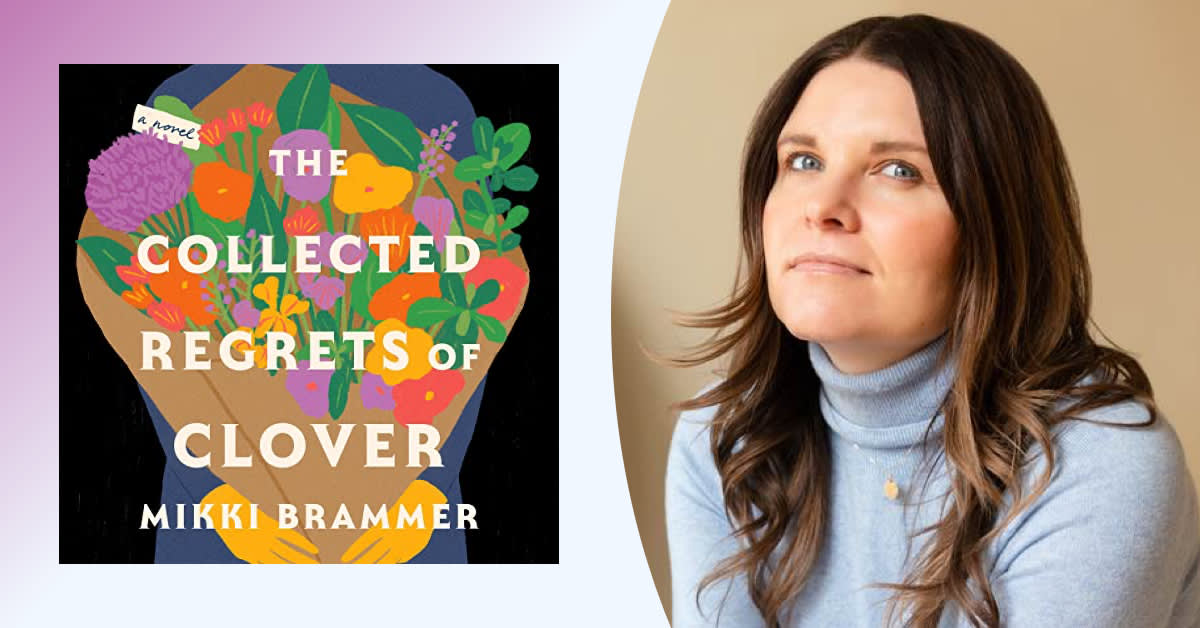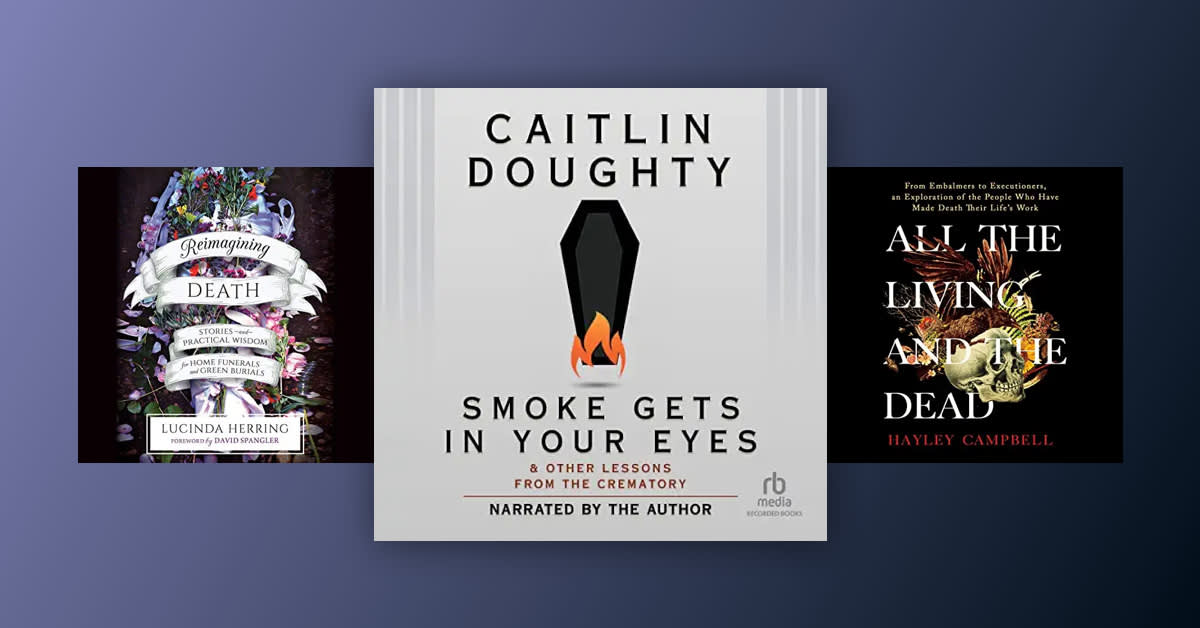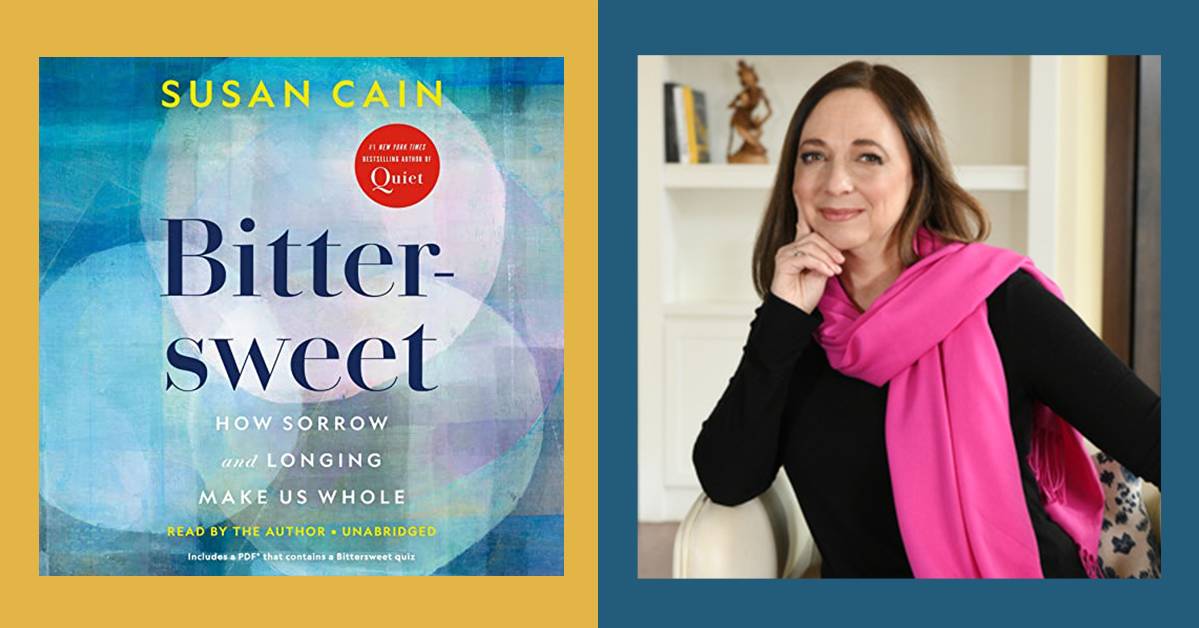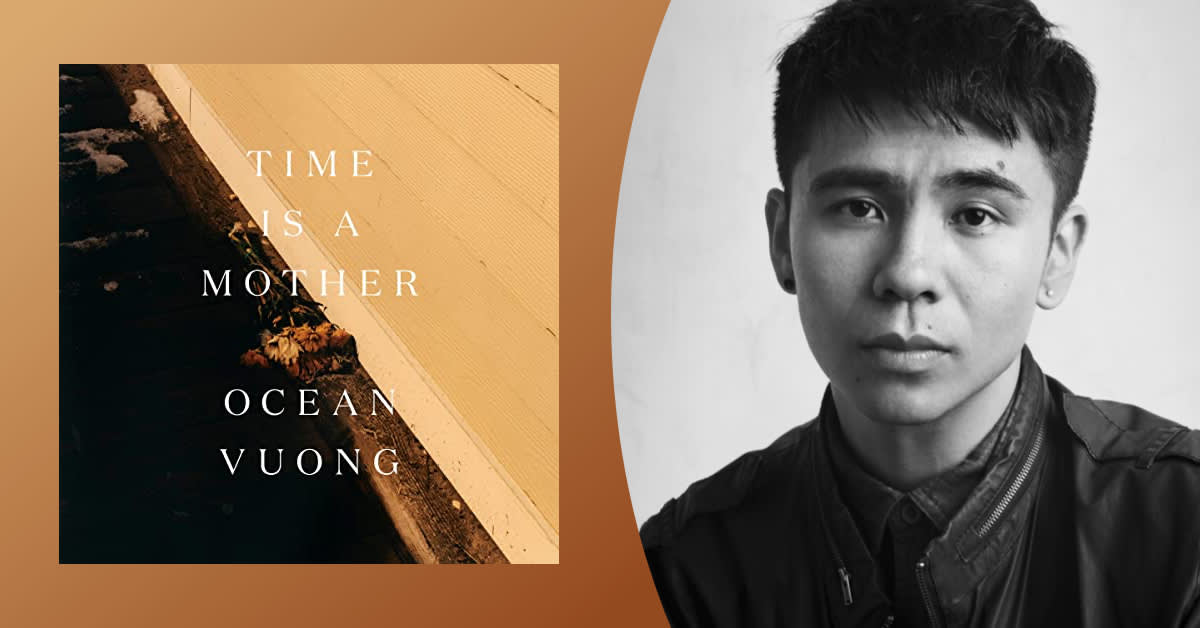I had to ask Mikki Brammer about the inspiration for the seemly morose topic behind her debut novel, The Collected Regrets of Clover. Here, she explains the beauty of a “good death” and how this practice can help us all live a more fulfilled life.
Audible: Because this is a new concept to many, would you explain what a death doula is?
Mikki Brammer: Similar to the way a birth doula helps usher someone into their life, a death doula helps usher someone peacefully out of it. People have performed this role for centuries—nurses, doctors, priests, nuns, hospice workers—but it’s only been in recent years that the term ‘death doula’ has become more common and the profession more well-known.
When I first read about the concept of a death doula, I was fascinated that someone would dedicate their entire life to watching people die. It seemed like such a noble thing to do—to commit yourself to never look away from anyone’s pain, no matter how harrowing it was. To know that there are people who exist just to make sure others don’t suffer a lonely death is so deeply moving to me. I wanted to explore what would compel someone to choose that path in life—and what the role required of them, both professionally and personally—which is how the character of Clover came about.
This is your debut novel. What led you to this story?
I wrote it as a way to explore my own anxieties around the topic of death, which I’d had since I was a child. I wondered if there was a way to write about death, grief, and mortality that was joyful, fun, and uplifting, so that it would be more palatable for someone like me who has a fear of those topics. I thought that Clover’s journey of discovering for herself what it means to live a good life would be a great way to frame those difficult topics so that the reader could get caught up in the story in a way that wasn’t depressing.
Your main character, Clover, is the doula—she helps others have a “good death,” but in the end she also learns to have a “good life” through the people she helps. Which do you think is harder to do, in general?
I think the two are intertwined! The point I hoped to make in the book is that the best way to have a “good death” is to be able to look back and say that you’ve lived a good life, so one doesn’t come without the other. But in order to live a good life, at least in my view, you need to be willing to put yourself out there and let yourself make mistakes, get your heart broken, and push yourself out of your comfort zone because that’s how we learn and grow. And that’s what Clover’s been missing in her life.
To be able to look back on your life and know that you’ve tried your best to squeeze everything out of it is what makes those final moments a little easier. The problem is, most people realize these things too late, and that’s why many die with regrets. I hope that the book helps people take stock of their lives now and consider if there are any small actions they can take to get closer to what it means to them to live a beautiful life.




